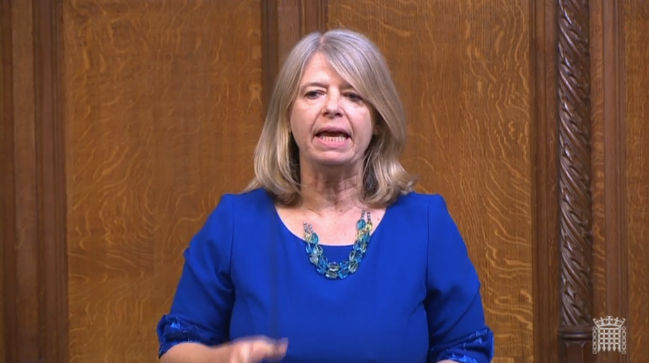Speaking in the House of Commons on the FCO and DFID merger, Harriett Baldwin seeks reassurance that there will still be Cabinet representation for international development, the 0.7% of gross national income spending commitment is retained and the Government will continue to champion 12 years quality education for girls.

Harriett Baldwin (West Worcestershire) (Con)
I thank the hon. Member for Rotherham (Sarah Champion) for securing this debate. I want to speak from the perspective of someone who had the privilege of being a joint Minister: Minister for Africa in the Foreign and Commonwealth Office and a Minister within DFID. I could not have done either job as well without the other. It was incredibly valuable to have the overall perspective.
I am old enough to know that it is not organisational structures here in Whitehall that matter, but the purpose of what we are doing on the ground. We have a very good framework, with the sustainable development goals, which we are working towards in this decade of action up to 2030, and we should focus, as many posts do across the world, on what they are seeking to achieve. When I held those joint roles, I was able to achieve a lot of the things that we will want to be doing, such as stepping up the money being spent on anti-corruption and governance, including good governance in Ukraine and the western Balkans. These things we all feasible because I had that joint role, and I am willing to believe that, provided we continue to focus on the true purpose, this can work well.
On the issue at hand, I want the Minister to give three reassurances when he responds to the debate. First, will he reassure the House that there will still be a strong voice at Cabinet for the very poorest in the world? We will leave a better world to our children if we can have a healthier, more educated, a more peaceful, freer, more democratic and more climate-resilient world.
Secondly, as the hon. Member for North East Fife (Wendy Chamberlain) just said, we need to make sure that the vast majority of the 0.7% continues to be spent in the very poorest and most conflict-affected parts of the world.
Thirdly, as colleagues will know, I am passionate about the importance of girls’ education and the 12 years of quality education. It is wonderful that the Prime Minister has been such an effective advocate for that cause. It will increase the size of the economy, increase health, reduce poverty, make the world more secure and help our climate, as it reduces population pressures. As the Prime Minister himself has put it, it is the Swiss army knife of development; will the Minister assure me that the Government will continue to emphasise it in their funding as much as they have previously?
In conclusion, I can be open-minded on the structures, as long as the purpose is there. However, in respect of scrutiny in this place, it would be right to have a separate Committee to look at international development.
